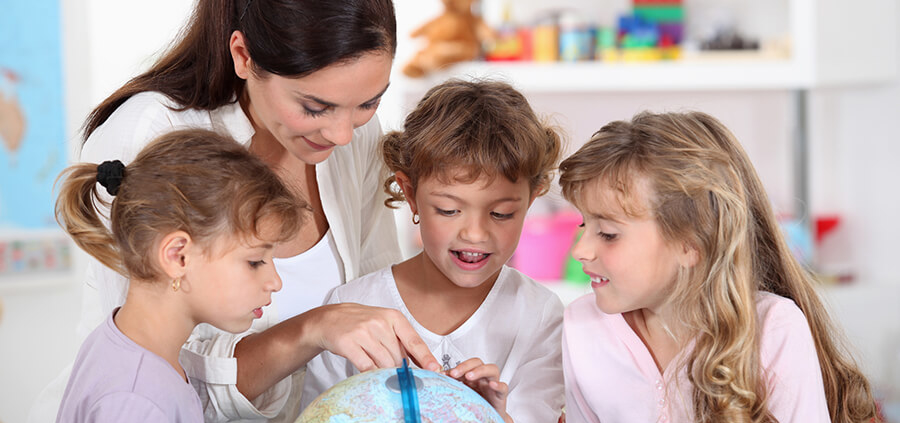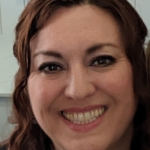Our Philosophy of Education
Education has the power to transform the world, and each child possesses the innate potential to achieve remarkable feats, shaping not only their own destiny but also the future of our planet. As educators, it is our responsibility to ensure every child has the opportunity to fully realize their capabilities. We must impart the significance of their choices and equip them with the requisite knowledge, learning tools, and experiences to achieve their goals. The progress and future of our civilization, to a large extent, lies in our hands as educators.
Children, like all individuals, are driven by the pursuit of happiness. The essence of education lies in fostering a sense of wonder and awe about the world, nurturing self-love and respect for others, and encouraging students to dream big and recognize that they control their own destinies. Education goes beyond mere memorization of facts; it encompasses the discovery of the world and oneself, instilling a sense of ownership and responsibility for one’s learning.
Teaching a language entails imparting a culture, enabling students to explore alternative perspectives and experiences. Language classrooms ought to be inclusive, safe spaces that promote active, authentic, and meaningful hands-on learning experiences, reflecting the diversity present in society.
Language instruction should be contextual, allowing students to draw on their prior knowledge and forge connections that facilitate information retention. Students can only acquire a foreign language through comprehensible and meaningful input; incorporating context into lessons and classrooms can help us achieve this objective. Employing authentic artifacts and linking language with culture enables students to develop a connection with the culture behind the language, greatly enhancing motivation.
Children learn best through active engagement. Teachers must facilitate hands-on projects and diverse experiences that enable students to apply the language they are learning, thus fostering motivation as they become increasingly proficient in authentic language usage. As John Dewey emphasized, preparing students for the future entails empowering them to take control of themselves. Teachers must understand their students, providing tailored information, experiences, tools, and learning opportunities that align with their interests and abilities while fostering their strengths and addressing their weaknesses. Language teachers must create opportunities for authentic communication, enabling students to use the language meaningfully, which is crucial for retention and relevance.
Education should prioritize a child-centered and experience-based approach. As teachers, we must strive to understand and connect with each of our students, motivating them to explore the new world that language learning offers. Our responsibility is to provide the learning experiences and opportunities that empower them to become confident, happy individuals who recognize their potential to achieve greatness.
By Vanessa Simpson, M. Ed
1 Progressive Education. (2012, August 25). In Wikipedia, the free encyclopedia.http://en.wikipedia.org/w/index.php?title=Progressive_education&oldid=509360426
Founder and Director of Education at Language Kids.
M. Ed.



Leave a Reply
Want to join the discussion?Feel free to contribute!